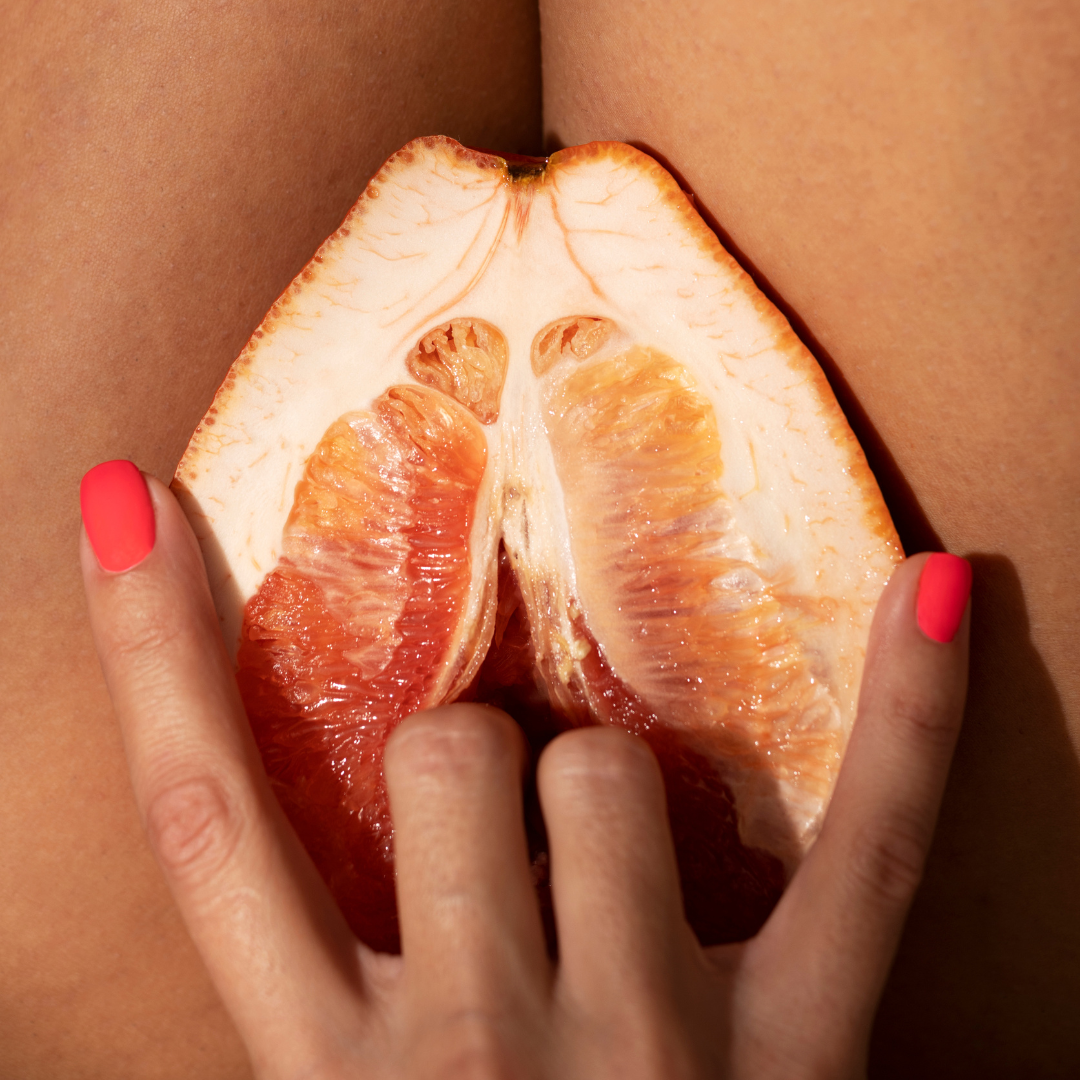Take care of your mouth and teeth during pregnancy

This blog post is written in an unpaid collaboration between Etinour, experts in oral health and oral care products, and us at Plume, a company that creates products for expecting and new mothers.
Taking care of your mouth and teeth during pregnancy is important for both you and your baby, but it's something that can easily be overlooked during a busy pregnancy. Hormonal changes and shifts in lifestyle habits during pregnancy can affect your oral health and make you more susceptible to issues like gum inflammation (gingivitis). If bacteria are allowed to spread, infections in the gums and teeth can reach the entire body – and even your baby. So what happens to your oral health during pregnancy, and what should you be aware of?
Pregnancy gingivitis – What you need to know
When you're pregnant, your hormones change, affecting how your body responds to bacteria and plaque in the mouth. This can lead to pregnancy gingivitis, a form of gum inflammation that is common during pregnancy. The gums often become swollen, red, and may bleed easily, especially when brushing your teeth.
Despite the discomfort, it’s important to continue brushing regularly with a soft-bristled toothbrush and clean between your teeth with floss. Electric toothbrushes often have harder bristles, so try finding one with soft bristles, such as the Essential Toothbrush from Etinour, which is specially designed for women’s smaller and more sensitive mouths.
If left untreated, gingivitis can lead to more serious problems like periodontitis, an inflammation that can spread to the jaw and in some cases even affect your baby. Research has even shown that gum problems during pregnancy can be linked to preterm birth and low birth weight.
How is your baby affected?
Your oral health has a bigger impact on your baby’s health than you might think. Bacteria from an infected mouth can travel through the bloodstream to the uterus and affect the fetus. This can contribute to complications such as preterm birth or low birth weight. By taking care of your gums and teeth, you reduce the risk of bacteria spreading to your baby.
Visiting the dentist early in your pregnancy – or ideally before becoming pregnant – is a great way to prevent problems and make sure your oral health is in top shape during this important time.
Dry mouth during pregnancy
Many pregnant women experience dry mouth and dry lips, especially at night. This is often due to hormonal changes that affect saliva production. Dry mouth increases the risk of gingivitis and cavities and can also impact your sleep quality. It may also be a sign of dehydration, which is common during pregnancy, so make sure to drink plenty of water.
A little hack: try using a nipple balm, such as our new nipple cream, on your lips to prevent dryness. These creams are gentle and extra moisturizing, and you can continue using them after your baby arrives.
Nausea, vomiting, and changing eating habits
Pregnancy nausea and vomiting are common – and unfortunately, they can also affect your oral health. The stomach acid that comes up when vomiting can damage tooth enamel and lead to sensitivity and cavities. A good way to protect your teeth is to rinse your mouth with water immediately after vomiting, but avoid brushing your teeth right away – wait at least 20 minutes to avoid further damaging the enamel. If you want to freshen your breath, you can put a little toothpaste in your mouth, swish gently, and spit it out without brushing.
Additionally, changes in eating habits – like an increased craving for sweets or more frequent snacking – can also affect your teeth. Try to choose sugar-free options and rinse your mouth with water after eating something sweet or acidic.
Ingredients to avoid in your oral care products
To prevent and manage symptoms of gum issues, it’s important to choose gentle and remineralizing (strengthening) oral care products. Many common ingredients can cause irritation and worsen gum inflammation, so it’s important to avoid them during pregnancy.
Here are some ingredients that often cause sensitivity and irritation in teeth and gums:
· Sodium Lauryl Sulfate (SLS): A foaming agent found in many toothpastes that can irritate the gums.
· Colorants (both natural and synthetic): These can cause allergic reactions and irritate sensitive mucous membranes.
· Harsh abrasives (e.g. charcoal): These can be too rough, damaging enamel and irritating gums.
· Hydrogen peroxide-based whitening products: Whitening agents containing hydrogen peroxide can cause tooth sensitivity and damage gums.
· Strong flavorings and fragrances (natural and synthetic): These can trigger sensitivity and irritation.
· Endocrine-disrupting substances: such as triclosan and certain preservatives.
By choosing gentle and strengthening products, like Etinour’s SLS-free toothpaste with ingredients such as hydroxyapatite, you give yourself the best chance of maintaining a healthy pregnancy.
What you can do – Tips for healthy oral care during pregnancy:
– The 2 x 2 x 2 rule: brush your teeth twice a day, using two centimeters of toothpaste for at least two minutes each time.
– Use floss or interdental brushes to clean between your teeth where bacteria easily build up.
– Avoid frequent snacking and aim for regular, low-sugar meals.
– Rinse your mouth with water after vomiting or eating something acidic.
– Wait to brush your teeth after vomiting to avoid damaging weakened enamel.
– Visit your dentist and dental hygienist regularly to ensure your teeth and gums are healthy. Book an appointment as early as possible during pregnancy to prevent potential issues.
Taking care of your oral health during pregnancy is important for both your and your baby’s well-being. By following a thorough and consistent oral care routine, using the right products, and seeing your dentist, you can reduce the risk of complications and ensure both you and your baby stay healthy. We hope you have a wonderful pregnancy! ❤️
- Tags: Fakta Graviditet Postpartum



